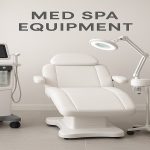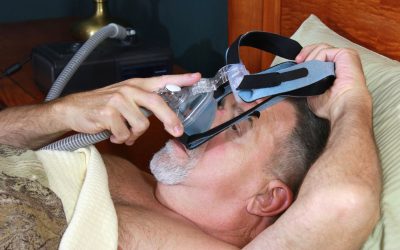Understanding and improving patient outcomes is paramount in the evolving landscape of mental health care. Minnesota’s mental health functional assessment is a critical tool in this endeavor, offering a structured approach to evaluating the functional capabilities of individuals receiving mental health services. By focusing on key areas of daily living and personal well-being, this assessment provides valuable insights that can enhance the quality of care and support tailored treatment plans.
Understanding Minnesota Mental Health Functional Assessment
Minnesota’s mental health functional assessment evaluates a patient’s ability to perform daily tasks and interact socially. This comprehensive assessment considers various domains, such as self-care, social skills, and occupational functioning. By examining these areas, clinicians can identify individuals’ specific challenges, allowing for the development of personalized treatment strategies that address unique needs.
Key Components of the Assessment
- Self-Care Abilities: Evaluating how well individuals manage personal hygiene, nutrition, and medication adherence is crucial for understanding their independence level. This assessment aspect helps clinicians determine if additional support or resources are required.
- Social Interaction Skills: Maintaining relationships and communicating effectively is vital for mental health. The assessment measures social capabilities, identifying areas where individuals struggle, such as initiating conversations or maintaining friendships.
- Occupational Functioning: Assessing work-related skills and the capacity to handle job responsibilities provides insight into an individual’s readiness for employment or need for vocational training. It also highlights potential barriers to workplace success.
Benefits of Using the Assessment
Implementing the Minnesota’s mental health functional assessment in clinical practice offers numerous benefits:
- Personalized Treatment Plans: By pinpointing specific areas of difficulty, clinicians can design individualized interventions that target the root causes of functional impairments. This customized approach enhances treatment effectiveness and improves patient outcomes.
- Progress Monitoring: Regular assessments allow for ongoing patient progress evaluation. By tracking changes in functional abilities over time, healthcare providers can adjust treatment plans as needed, ensuring that care remains relevant and practical.
- Improved Communication: The structured nature of the assessment facilitates clear communication between patients and healthcare providers. Providing a common framework for discussing functional challenges fosters a collaborative approach to care planning.
- Resource Allocation: Understanding patients’ specific needs enables healthcare facilities to allocate resources more efficiently. This ensures that individuals receive the appropriate level of support, whether through therapy, community programs, or other services.
Enhancing Care with Expert Support
The Minnesota mental health functional assessment is valuable for improving mental health care outcomes. By focusing on daily functioning and personal well-being, it provides insights that are crucial for developing effective treatment plans. Healthcare providers adopting this assessment can expect enhanced patient engagement, improved treatment adherence, and better overall health outcomes. The Recovery Academy offers a reliable solution for those seeking expert guidance in implementing these assessments. They specialize in providing comprehensive support and resources to enhance mental health care practices.






